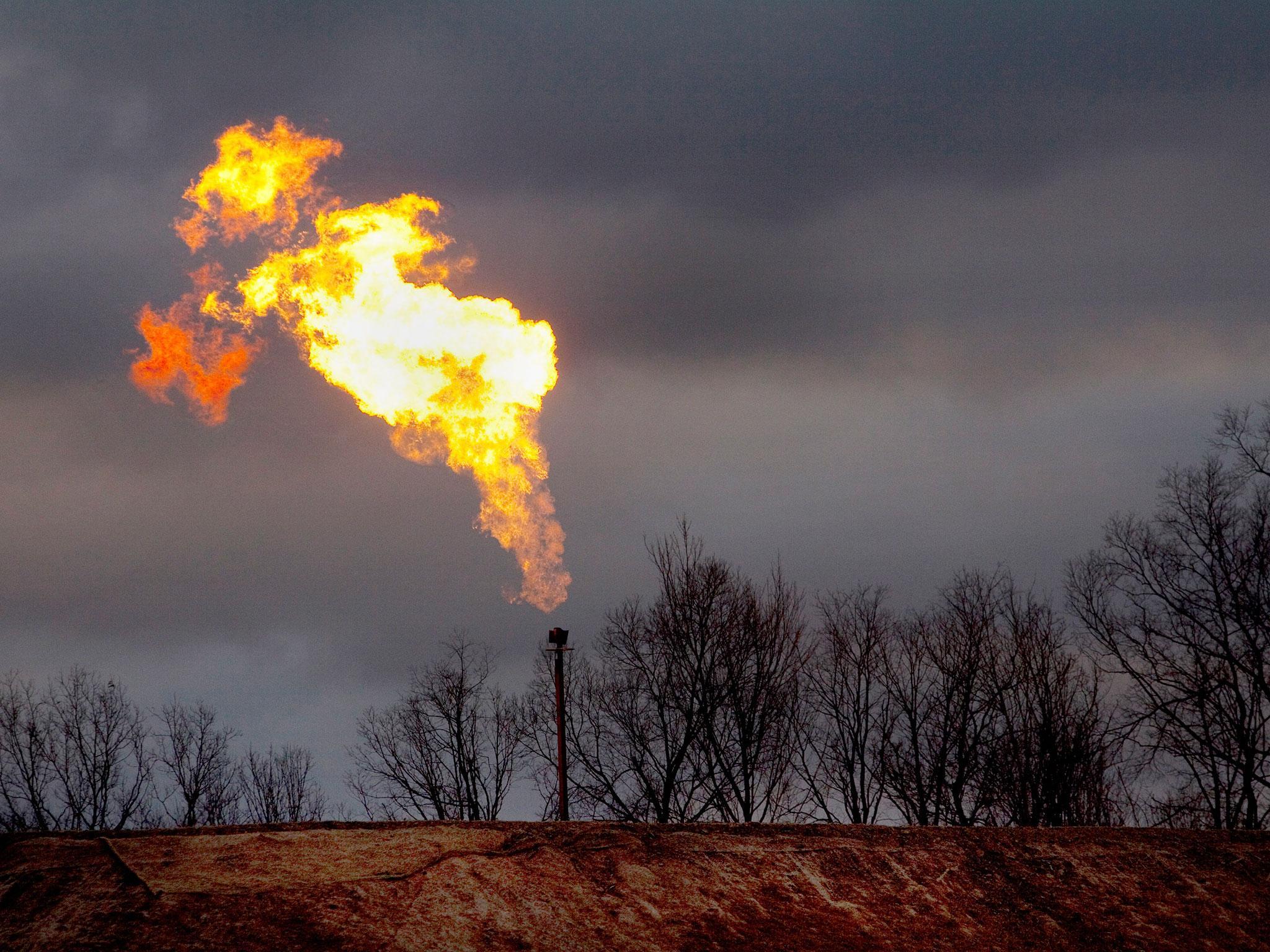Chemicals giant Ineos 'exploiting Brexit to relax climate change laws', documents suggest
Following industry lobbying, the Government last week announced a £100m-per-year exemption from environmental taxes for the firms that use the most energy

Chemicals giant Ineos has been accused of exploiting Brexit to pressure ministers to get rid of environmental legislation.
Ineos, which is one of the leading firms pushing to frack for shale gas across the UK, lobbied the government to roll back measures that mean energy-intensive industries pay to develop low-carbon power sources.
The revelations come from a cache of documents obtained by Friends of the Earth under freedom of information laws.
In one document, dated weeks before the EU referendum, Ineos laid out its Brexit demands: “Outside the EU: simplify the UK policy mix and seek a single route to 100% exemption from policy costs and CCL [climate change levy]. Seek a low-cost alternative to EU ETS [the EU’s carbon trading scheme].”
Guy Shrubsole, Friends of the Earth campaigner, said: “Ineos are exploiting what they see as an opportunity in Brexit to seek further exemptions from environmental regulations. What other companies are seeking to cynically use Brexit as a chance to weaken vital social and environmental protections?
“The Leave campaign urged voters to 'take back control' - not to cede power to vast multinationals engaged in shadowy lobbying operations.”
Following a concerted effort by Ineos and other chemicals firms the Government last week announced a £100m-per-year exemption from the carbon trading scheme for the companies that use the most energy, to add to the £250m in tax breaks it had already granted.
The Department for Business Energy and Industrial Strategy said 130 of the UK’s most energy-intensive companies, collectively worth £52bn to the economy, would benefit from the latest relaxation.
Ministers have repeatedly stated their desire to demonstrate that the UK is “open for business” as Theresa May prepares to take the UK out of the EU.
In a consultation response published last week, the Government said the climate change levy and carbon trading scheme increase companies’ electricity costs putting them “at a competitive disadvantage with their international competitors and increasing the risk that companies may choose to move their production abroad”.
The newly-obtained documents contain internal communications from the Chemistry Growth Partnership, a body in which ministers and industry executives meet to discuss policy for the sector. They provide a window into a lobbying campaign over almost four years by chemicals firms to exempt themselves from regulation designed to help the environment.
In an update from February 2017, the group trumpeted its own success: “The CGP lobbied hard for affordable energy costs for energy intensive industries and our input helped to secure a £7bn [energy-intensive industries] package at Budget 2013 and the exemption announcement at Autumn Statement 2015.”
Another priority for the CGP in this time has been securing rights to frack for shale gas. Fracking has been linked to earthquakes and environmental degradation.
One document states the group aims to “support appropriate policies to enable the safe exploitation of unconventional gas”. Its “key performance indicator” is the “number of unconventional gas projects at or beyond exploratory stage”.
In December 2015, Ineos was awarded 21 licences to explore sites covering around one million acres for underground gas deposits.
In October last year, Communities secretary, Sajid Javid, overturned Lancashire council's rejection of a fracking application by Cuadrilla.
A spokesperson for the Chemical Industry Association, which represents Ineos and other companies said it “supports UK manufacturing and has consistently argued for a level playing field on its environmental legislation and competitive energy costs, to enable it to compete in world markets”.
Join our commenting forum
Join thought-provoking conversations, follow other Independent readers and see their replies
Comments
Bookmark popover
Removed from bookmarks